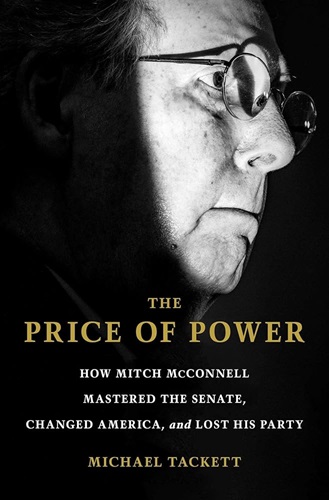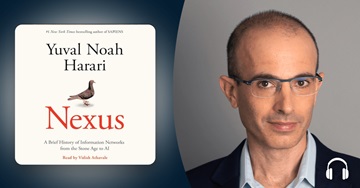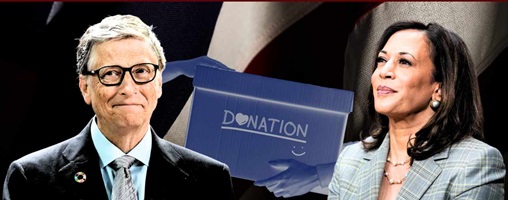Dear Commons Community,
Jonathon Malesic, who teaches writing at Southern Methodist University, and is the author of The End of Burnout, had a guest essay in The New York Times yesterday entitled, “There’s a Very Good Reason College Students Don’t Read Anymore”. His message is that college students no longer do reading assignments because
“it looks to them as if success follows not from knowledge and skill but from luck, hype and access to the right companies. If this is the economy students believe they’re entering, then why should they make the effort to read?”
Having taught for decades, I have not seen the same situation among my students, however, there may be a kernel of truth in what Malesic is saying based on the interests and goals of the students he teaches. Without a doubt, society has moved to multi-modal forms of information delivery (Internet, Google, Youtube, AI) and I have incorporated more video-based assignments in my lessons that have supplemented and in some cases, replaced reading assignments. I do not use textbooks and instead assign articles and other shorter reading pieces. However, in most classes, I continue to assign a standard “book report” based on current books related to education, culture, and biography. I am fairly confident that students do the reading based on their written and oral reporting. Over the past year, I have also encouraged my students to use AI in these assignments as long as they make proper citation and attribution.
Below is Malesic’s entire essay.
I agree with his final statement that assigning nine books in one class is too many.
Tony
———————————————-
The New York Times
Guest Essay
There’s a Very Good Reason College Students Don’t Read Anymore
Oct. 25, 2024
By Jonathan Malesic
In 2011, I taught a college class on the meaning and value of work. It was a general-education class, the sort that students say they have to “get out of the way” before they move on to their major courses. Few of the students were avid readers, and many held jobs that constrained their study time.
I assigned them nine books. I knew I was asking a lot, but the students did great. Most of them aced their reading quizzes on Henry David Thoreau’s “Walden” and Plato’s “The Republic.” In class, our desks in a circle, we had lively discussions.
After 13 years that included a pandemic and the advent of generative A.I., that reading list seems not just ambitious but absurd. I haven’t assigned an entire book in four years.
Nationwide, college professors report steep declines in students’ willingness and ability to read on their own. To adapt, instructors are assigning less reading and giving students time in class to complete it.
It’s tempting to lament the death of a reliable pathway to learning and even pleasure. But I’m beginning to think students who don’t read are responding rationally to the vision of professional life our society sells them. In that vision, productivity does not depend on labor, and a paycheck has little to do with talent or effort. For decades, students have been told that college is about career readiness and little else. And the task of puzzling out an author’s argument will not prepare students to thrive in an economy that seems to run on vibes.
Recent ads for Apple Intelligence, an A.I. feature, make the vision plain. In one, the actor Bella Ramsey uses artificial intelligence to cover for the fact they haven’t read the pitch their agent emailed. It works, and the project seems like a go. Is the project actually any good? It doesn’t matter. The vibes will provide.
Even in the ostensibly true depictions of working life that students see, like the “day in my life” videos that were popular on TikTok a couple of years ago, intellectual labor seems optional and entry-level corporate positions seem like a series of rooftop hangouts, free lunches and team-building happy hours — less a job than a lifestyle. And of course the ultimate lifestyle job is being an influencer, a tantalizing prospect that seems always just one viral post away.
The most visible college students are big-time athletes, who these days can earn money — in some cases, millions of dollars — through sponsorship deals. But however hard these students push themselves, their earnings are officially not for their work on the field but for their marketability off it.
Once students graduate, the jobs they most ardently desire are in what they proudly call the “sellout” fields of finance, consulting and tech. To outsiders, these industries are abstract and opaque, trading on bluster and jargon. One thing is certain, though: That’s where the money is.
All in all, it looks as if success follows not from knowledge and skill but from luck, hype and access to the right companies. If this is the economy students believe they’re entering, then why should they make the effort to read? For that matter, how will any effort in school prepare them for careers in which, apparently, effort is not rewarded?
Given all this, it’s easy to lose faith in humanistic learning. Universities themselves offer little solace. They constantly promote the idea that a degree is about earning power above all else. They embrace influencer culture and probably benefit from viral phenomena like Bama Rush. They certainly aren’t shooing away corporate recruiters.
But teaching is an inherently hopeful profession, and as much as students worry me, they also give me hope. I often see my writing students push themselves past what’s easy or rational. They get excited about their research projects; sometimes they even ponder whether to use a period or a semicolon to separate two sentences.
The fact is, not all students aim to sail on vibes. Some want to do work that makes more than money. Some finance majors do, too. And others, God bless them, just want to learn what they can and worry about work later.
It’s up to students to decide whether they’ll resist intellectual inertia. All I can do is demonstrate that it is worth it to read, to pause, to think, to revise, to reread, to discuss, to revise again. I can, in the time students are with me, offer them chances to defy their incentives and see what happens.
I need to get back to assigning books. Nine is too many. But one? They can read one. Next semester, they will.













